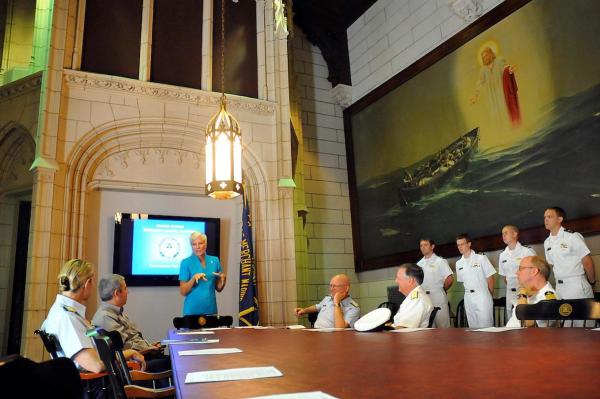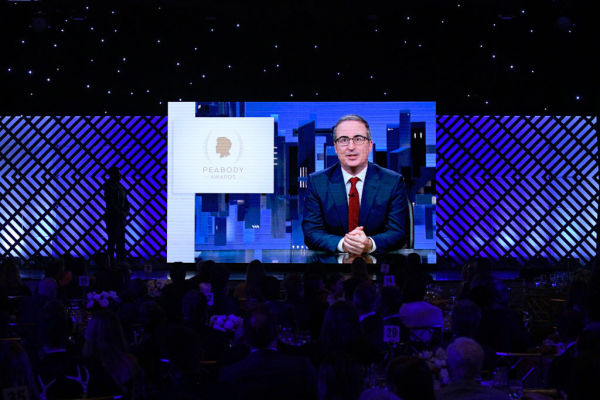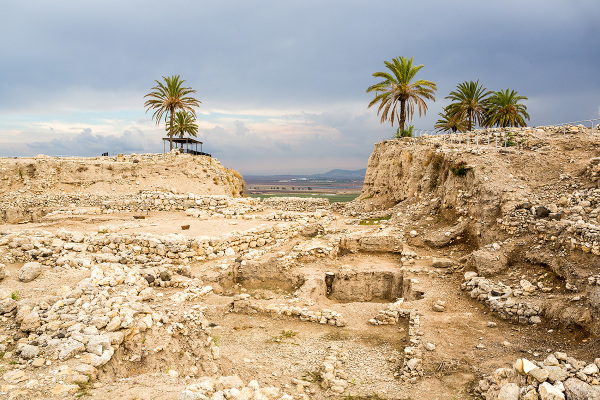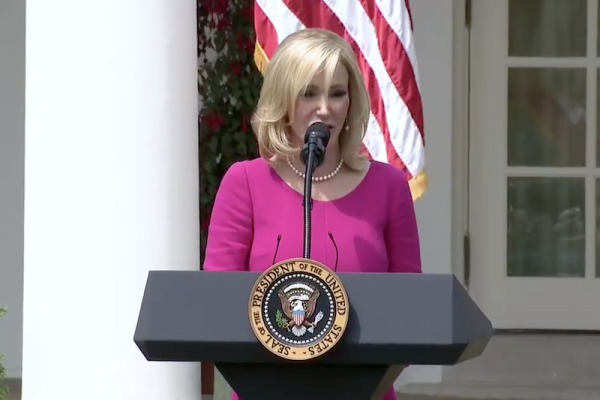'Together LA' Organizers: There's More to Loving a City Than Planting Churches (Pt. 2)

LOS ANGELES – Together LA, a three-day conference about what it means to love Los Angeles, was originally thought of as an event primarily for church planters. But as plans developed, it looks to be more about discussing action steps that the Christian community within the city should take toward resolving social issues.
Church planter and Together LA lead organizer Pastor Brannin Pitre told The Christian Post that as plans for the conference matured, the storyline could be headlined: "Why a bunch of church planters think there's more to loving your city than planting churches."
WATCH TOGETHER LA TRAILER BELOW
Pitre found out during the planning stages that began more than two years ago, along with the first organizers, that the conference would have to tackle tough questions that members of the Los Angeles community of Christians would have to answer — questions about immigration, employment, and racial tensions.
"So at the end of the conference we are going to ask how does the church have a proactive response when something like Ferguson happens in Los Angeles," Pitre said. "Instead of being reactive we can be proactive. We can say 'this is what we believe, this is what we are going to do, this is how we are going to respond.' We are not going to come out and do these random things, we are going to act as one voice, as 4 million people in Los Angeles caring together, this idea that we've already thought about it and we are going to respond with wisdom, with peace and love because we are going to confront sin where we see sin."
Organizers of Together LA plan to host leading pastors, ministry and community leaders, including Tim Keller, pastor of Redeemer Presbyterian Church in Manhattan, New York, as they discuss what it means to embrace Los Angeles and help meet its needs.
The event, scheduled for Feb. 26-28, will include ministry leaders presenting interactive sessions that "engage the realities of loving our city," organizers announced last week. Workshops and panel discussions will cover topics such as mercy ministry, systemic injustice, ethnic and class conflict, faith and work, social and culture changes and challenges, church health and church collaborations.
Part one of CP's interview story with Pitre can be read by clicking here. Below is the second part of the interview.
CP: How did the vision for Together LA develop further?
Pitre: In 2012, I gathered together representatives from Bel Air Presbyterian Church, New City Church Los Angeles, Grace Pasadena, Pacific Crossroads, and Christian Assembly, and said I know we are like-minded, I know we are all working together in many ways, we would like to bring Tim Keller out and ask him the question about what would loving your city look like. And quickly we said that if it's going to be for the city we need a more diverse group involved. And the question needs to be asked and answered by those involved with church planting, so let's make this a conference on church planting …
We started meeting, we started talking, and we started a steering committee and quickly brought in Albert Tate from Fellowship Monrovia. Albert is an African American guy connected to this city, understands the dynamics. He had already asked to go to the City to City Fellowship program. I think he did that about three years ago. … We started to reach out to the Hispanic community, the Asian community …
And now we have a roomful of visionaries, now it's exploding … As it started to unfold a little bit we said we've got to get more of ethnic diversity involved, we've got to be more culturally sensitive. We realized that we started to put a church conference together that asks what does it mean to love your city and we've got a bunch of church planters, and that's not right. That can be a major component, but it's not right because when we went to the Hispanic community and we said, guys, here's what we are trying to do, and of course they are guarded saying we don't want to go to another white conference where you just invited us in … we told them that we want them to participate in answering what it means to love your city. They said, "OK, if that's the truth, then you cannot ask and answer that question without talking about jobs and immigration. For us to understand what it means to love Los Angeles we've got to address jobs and immigration. Los Angeles needs to address jobs and immigration."
When we met with African American pastors and asked them to be a part of this, they asked "what's your mission statement?" We said that to be honest we can't write this without you being a part of it. We want to develop this together. And they said "great and if you want to know what it means to love our city we don't want to talk about church planting, we want to talk about discipleship. We want to talk about younger generations understanding what it means to be biblically literate and committed and have some moral values." They mentioned the foster care system and they mentioned jobs in a different way. Not jobs connected to immigration, but jobs within their community. They had different perspectives.
CP: How did these perspectives affect the organizers' outlook on planning for the conference?
Pitre: So when we look at the city, and ask what does it mean to love the city together, that means I know who is good at doing what. You know, your hand does something that your foot doesn't – and you're better at this than I am. My empire doesn't matter anymore. I'm not about building my church and my name and my big giant mega polis of a city where everything funnels through me. There's going to be plenty of people still in that mode. What we are trying to say is let's leave that behind and make the church the church it's supposed to be in Los Angeles.
I think when you think about loving your city it might be a little esoteric. In a way, you ask what it means and you know what it means to love your wife, to love your spouse, I know what it means to love your children, I know what it means to love my siblings, or whoever it might be, but what about loving your city? I'm not sure it's that different because when you love someone we are saying I want to serve you, I want to encourage you, and at times, real love means I have to confront sin when I see sin. And so the Christians of the community of Los Angeles, whether it's the church or the para-church ministries that are going on, we have to be able to say that by any means necessary, Los Angeles, we're going to serve you. And we're going to encourage you. We're going to look at the best things going on in Los Angeles. We are not going to point at the negative things. We are going to look at the best things and say we love you, we encourage you, we can't believe this city is so blessed, so wonderful, we think it's the best place on earth to live. It's the Pan-Asian gateway, it's multi-cultural, it's multi-ethnic, it's just a wonderful city. We love it and there's some things that are wrong and we need to confront that.
So at the end of the conference we are going to ask how does the church have a proactive response when something like Ferguson happens in Los Angeles. Instead of being reactive we can be proactive. We can say this is what we believe, this is what we are going to do, this is how we are going to respond. We are not going to come out and do these random things, we are going to act as one voice, as 4 million people in Los Angeles caring together, this idea that we've already thought about it and we are going to respond with wisdom, with peace and love because we are going to confront sin where we see sin.
These are massive ideals that we are trying to capture and we just can't do it in three days, but what we can do is begin to say I'm going to lay down my empire, I'm going to lay down my agenda, I'm going to lay down my role and I'm going to work with you. And it's going to take 5, 10, 15, 20 years, but I'm committed to that. I'm going to walk with you. I'm not going to leave you alone and if it means giving up time in my own ministry to do this, have to give up time with my family or whatever else, it's important enough that we do it together.






















